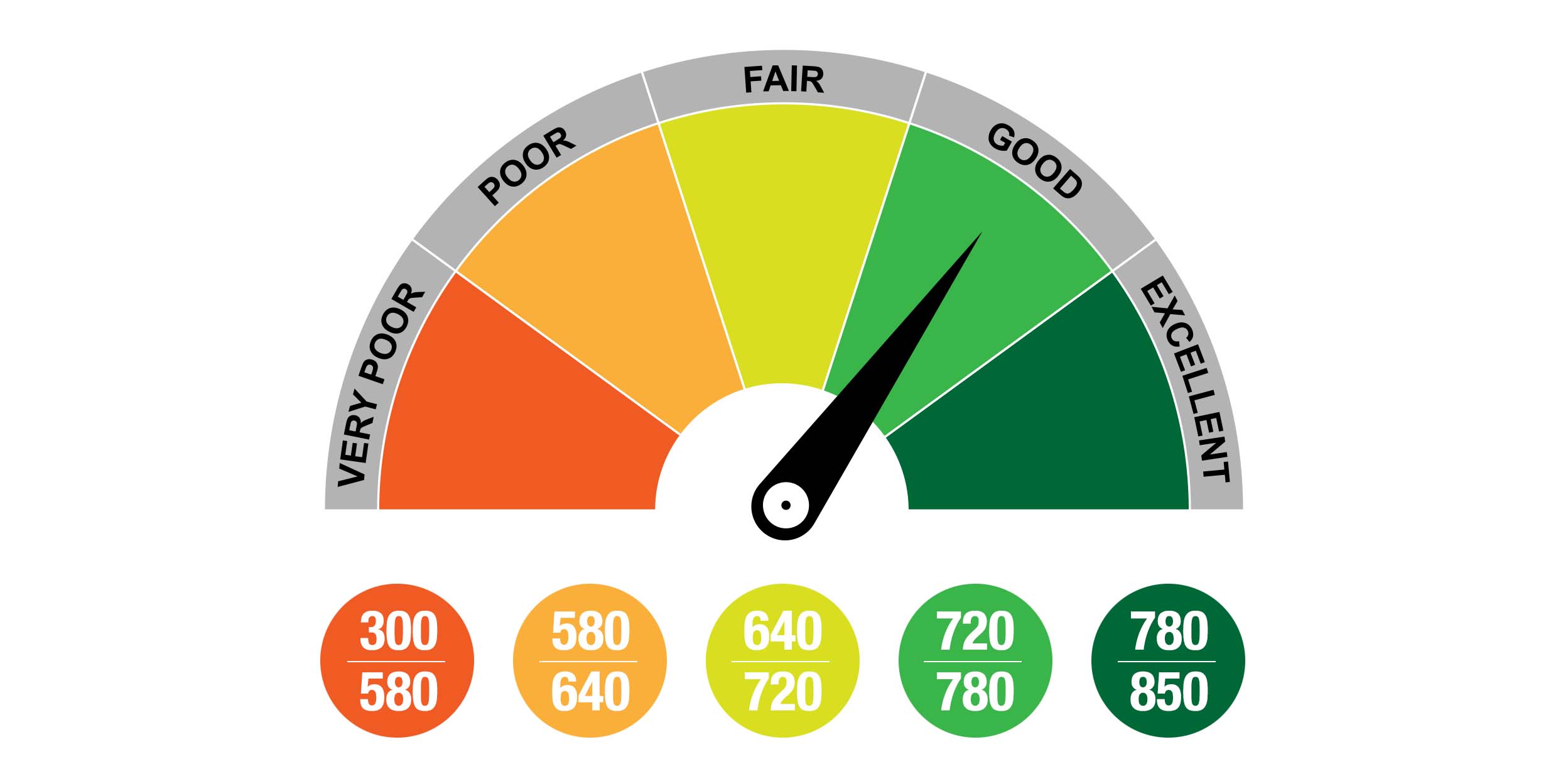Have you ever wondered why your score matters so much? Whether it's a credit score, exam score, or even a gaming score, this single metric can define opportunities, challenges, and even your future. In today's fast-paced world, understanding your score isn't just an option—it's a necessity. So, buckle up, because we're diving deep into everything you need to know about scores and how they shape your life.
Let's face it, scores are everywhere. From the moment you step into school to the day you apply for a loan, scores play a pivotal role in determining your success. But here's the thing—they're not just numbers. Scores tell a story about your performance, potential, and progress. And if you're not paying attention, you might be missing out on some serious opportunities.
In this article, we'll break down the ins and outs of scores, explore their impact on your life, and show you how to improve them. Whether you're a student, professional, or gamer, this guide has got you covered. So, let's get started and turn those numbers into powerful tools for success!
Read also:4hd Hub Movie Your Ultimate Destination For Cinematic Bliss
What Exactly is a Score?
A score is more than just a number—it's a reflection of your efforts, skills, and achievements. Think about it: when you take a test, your score tells you how well you understood the material. In finance, your credit score determines how trustworthy you are as a borrower. And in gaming, your score shows off your mastery of the game. But what exactly makes a score so important?
At its core, a score is a metric that quantifies performance. It's a way to measure how well you're doing in a particular area. Whether it's academic, financial, or recreational, scores provide valuable feedback that helps you improve and grow. And in today's competitive world, having a solid understanding of your score can make all the difference.
Types of Scores: Beyond the Basics
Not all scores are created equal. Depending on the context, scores can take on different forms and meanings. Here are some of the most common types of scores you'll encounter:
- Academic Scores: These include grades, exam scores, and standardized test results. They're used to evaluate your knowledge and skills in a particular subject.
- Credit Scores: This financial score determines your creditworthiness. It's used by lenders to decide whether to approve your loan application and at what interest rate.
- Gaming Scores: In the world of gaming, scores represent your progress, skill level, and achievements. They're a badge of honor for gamers everywhere.
- Health Scores: These scores measure your physical and mental well-being. They can include metrics like BMI, blood pressure, and mental health assessments.
- Business Scores: Companies use scores to evaluate performance, customer satisfaction, and market positioning. Think of metrics like Net Promoter Score (NPS) or Customer Satisfaction Score (CSAT).
Why Do Scores Matter?
Let's get real for a second—scores matter because they have real-world consequences. Whether you're trying to get into your dream college, secure a mortgage, or climb the leaderboard in your favorite game, your score can make or break your chances. But why exactly do scores carry so much weight?
For one, scores provide a standardized way to compare performance. They allow educators, lenders, employers, and even game developers to assess your abilities and make informed decisions. Without scores, it would be much harder to evaluate progress, set goals, and track improvement. And let's not forget—the higher your score, the more opportunities you'll have to succeed.
The Impact of Scores on Your Life
From education to employment to personal finance, scores touch almost every aspect of your life. Here's how:
Read also:Dad Jailed For Fatal Trampoline Punishment The Shocking Story That Shook The Nation
- Education: Your academic scores can determine which schools you get into, what scholarships you qualify for, and even what career path you pursue.
- Finance: Your credit score affects your ability to get loans, credit cards, and even rental agreements. A high credit score can save you thousands in interest payments.
- Career: In some industries, scores are used to evaluate job candidates. For example, a high score on a certification exam can give you an edge in the hiring process.
- Gaming: For gamers, scores are a source of pride and motivation. They drive competition, foster community, and reward skill and dedication.
How Are Scores Calculated?
Ever wonder how those numbers on your report card or credit report are determined? The process varies depending on the type of score, but most scoring systems follow a similar pattern. Here's a breakdown of how scores are typically calculated:
Academic Scores: These are usually based on a combination of factors, including test results, assignments, participation, and attendance. Teachers use a grading rubric to assign scores that reflect your overall performance.
Credit Scores: Credit scores are calculated using a complex algorithm that considers factors like payment history, credit utilization, length of credit history, and types of credit accounts. The most widely used credit scoring model is FICO, which ranges from 300 to 850.
Gaming Scores: In gaming, scores are often based on performance metrics like speed, accuracy, and completion rate. Some games also incorporate multiplayer rankings and leaderboards to add a competitive element.
Factors That Influence Your Score
Understanding the factors that influence your score is key to improving it. Here are some of the most important factors to keep in mind:
- Performance: How well you perform in a given task or activity directly impacts your score.
- Consistency: Consistent effort and improvement over time can lead to higher scores.
- Strategy: Knowing how to approach a task or challenge can give you an edge in boosting your score.
- Feedback: Using feedback to identify areas for improvement can help you refine your skills and raise your score.
How to Improve Your Score
Whether you're aiming for straight A's, a perfect credit score, or a spot at the top of the leaderboard, improving your score takes effort and strategy. Here are some tips to help you boost your score in any area:
Academic Scores
To improve your academic scores, focus on these key strategies:
- Stay organized and manage your time effectively.
- Engage in active learning by asking questions and participating in discussions.
- Seek help when you need it, whether from teachers, tutors, or classmates.
- Practice regularly to reinforce your knowledge and skills.
Credit Scores
Boosting your credit score requires discipline and financial responsibility. Here's how:
- Pay your bills on time every month.
- Keep your credit utilization low by avoiding maxing out your credit cards.
- Monitor your credit report for errors and dispute any inaccuracies.
- Build a long credit history by maintaining older accounts.
Gaming Scores
For gamers, improving your score is all about skill, strategy, and practice. Try these tips:
- Master the game mechanics and controls.
- Learn from more experienced players and study their strategies.
- Practice regularly to refine your skills and reaction time.
- Stay calm under pressure and focus on the game.
Common Misconceptions About Scores
There are plenty of myths and misconceptions floating around about scores. Let's set the record straight on some of the most common ones:
- Higher Scores Always Mean Success: While a high score is generally a good thing, it's not the only factor that determines success. Other qualities like creativity, teamwork, and perseverance also play a role.
- Once You Have a Good Score, You're Set for Life: Scores can change over time, so it's important to maintain and improve them consistently.
- Scores Are the Only Measure of Ability: Scores provide valuable feedback, but they don't tell the whole story. Other factors like experience, attitude, and character also matter.
Expert Tips for Mastering Your Score
Want to take your score to the next level? Here are some expert tips to help you succeed:
Set Clear Goals
Knowing what you want to achieve is the first step toward success. Set specific, measurable goals for improving your score, and create a plan to achieve them.
Track Your Progress
Keep a record of your scores over time to see how you're improving. Use this data to identify areas for growth and celebrate your successes along the way.
Stay Motivated
Improving your score can be challenging, but staying motivated is key. Surround yourself with supportive friends, family, and mentors who can help you stay focused and inspired.
Real-Life Examples of Score Success
Let's look at some real-life examples of people who have mastered their scores and achieved great success:
Case Study 1: The Straight-A Student
Jane was determined to get straight A's in her classes. She created a study schedule, sought help from her teachers, and practiced consistently. By the end of the semester, she had achieved her goal and earned a full-ride scholarship to her dream college.
Case Study 2: The Credit Score Champion
John had a low credit score due to missed payments and high credit utilization. He paid off his debts, set up automatic bill payments, and avoided opening new credit accounts. Within a year, his credit score had improved by 100 points, allowing him to secure a low-interest mortgage.
Data and Statistics
Here are some interesting statistics about scores:
- According to the College Board, the average SAT score is around 1050.
- The average credit score in the U.S. is 711, according to Experian.
- In gaming, the top 1% of players typically score at least 50% higher than the average player.
Conclusion: Take Action Today
Understanding and mastering your score is a powerful way to unlock your potential and achieve your goals. Whether you're focusing on academic, financial, or gaming scores, the principles are the same: set clear goals, track your progress, and stay motivated. And remember, your score is just one piece of the puzzle—don't let it define your worth.
So, what are you waiting for? Start improving your score today and take the first step toward a brighter future. Share your thoughts in the comments below, and don't forget to check out our other articles for more tips and insights. Your success story starts here!


